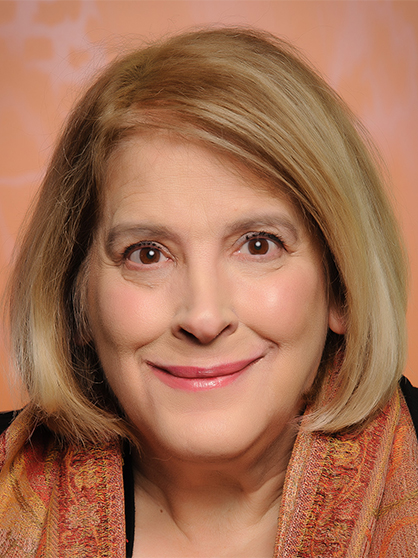September is World Alzheimer’s Month, and UTD is a hotbed for both Alzheimer’s related research and activism.
Denise Park is the Founding Director for the Center of Vital Longevity and a Distinguished University Chair in Brain and Behavioral Sciences. She has spent her entire career studying the aging mind and is currently finalizing her landmark Dallas Lifespan Brain Study.
Could you tell me a little bit about the Dallas Lifespan Brain Study?
So as people get older, they face some structural and some functional challenges. In terms of the structural, their brain. Some people deposit amyloid. We knew that because we found that sometimes when people would die of causes other than Alzheimer’s disease, when an autopsy was done, they would find that people had brains that looked like they had Alzheimer’s disease, but they were performing normally…
I would’ve predicted that the brain would show less activity as it got older, because everything else is bad, but that’s actually not true. As people get older, they show more activity in their brain when they’re performing a task than a young person…And we’ve actually done a lot of research, and I think we have isolated definitively that this extra activation is not noise. It is support for your aging brain. So we’ve argued that people, as they face these general challenges, create these compensatory scaffolds that protect their brain and help them solve problems and do things.
How common is it for people to have amyloid buildup but not show signs of cognitive decline?
It’s pretty common. About 20% of people over 65 have amyloid in their brains. And they’re really pretty asymptomatic…the truth is that people have had this amyloid for a long time and they’re not getting that much worse. They’re still pretty normal. So the amyloid—on one hand, you really wouldn’t want to have it. And it would be really disturbing to know if you had it because it’s an incurable disease. But on the other hand, it’s lurking there, but it’s nothing serious. So it doesn’t really take effect for many years.
And we’re trying to get people at the very earliest phases so that when we do have some treatments, we can treat them like we treat hypertension—where you never really get super ill. You deal with the hypertension as soon as you find it and control it… And the scaffolding model suggests that if you stay very mentally active and keep developing these scaffolds that you’ll protect your brain to some extent. Just to some extent, not totally and not forever, but it’s very meaningful to slow down Alzheimer’s disease by five years, because people wouldn’t get it. If they get five more years, they’re likely to die of something else.
Breanna Shen is a senior majoring in neuroscience at UTD and the founder and president of UTD’s chapter of the Alzheimer’s Foundation of America (AFA). The AFA is dedicated to raising awareness about the disease and volunteering in impactful ways.
What kind of places does the AFA volunteer around Richardson?
So the two ways that we are trying to achieve our mission is through volunteering and through education. So for the volunteering component, we have UTD students go to nursing homes in Dallas and also we’ve had a partnership with the Mayo Clinic Senior Living Center in Rochester, MN. So the ones at Dallas are New Horizon Homes Assisted Living and Teresa’s House Assisted Living and Memory Care Center…So last semester actually was unique.We had a very large service program with UTD students. So we were awarded a $1000 Victor Worsfold Grant from the UTD Honors College…to fund supplies for us to have music and art classes at different nursing homes. So that was a four month program, and each month we had three to four UTD volunteers go to each nursing home…we had them go there and teach classes—scrapbooking, journaling, watercolor painting and music.They went there once a month to each location and interacted with the seniors and caregivers, just leading those classes and helping build connections.
If you are able to talk about it, can you tell us your plans for the upcoming year?
So last semester we had the Victor Worsfold grant funded project which we called Alzheimer’s disease patient-caregiver engagement groups.That was our service project and this semester, kind of going off of that, we have the Apollo Project; it’s a partnership with the National AFA. So this is focusing on bringing poetry related activities to seniors and caregivers in nursing homes. So they’re providing some of the educational materials for that and the framework.So we’re going to bring UTD students to nursing homes and then read a poem and reflect on the topics that that poem brings up, like what memories or feelings that that’ll spark and what other creative insights they have from that group of seniors and caregivers.And then we’ll synthesize their thoughts into another poem … throughout the whole upcoming year we’re just going to do poetry related activities.





